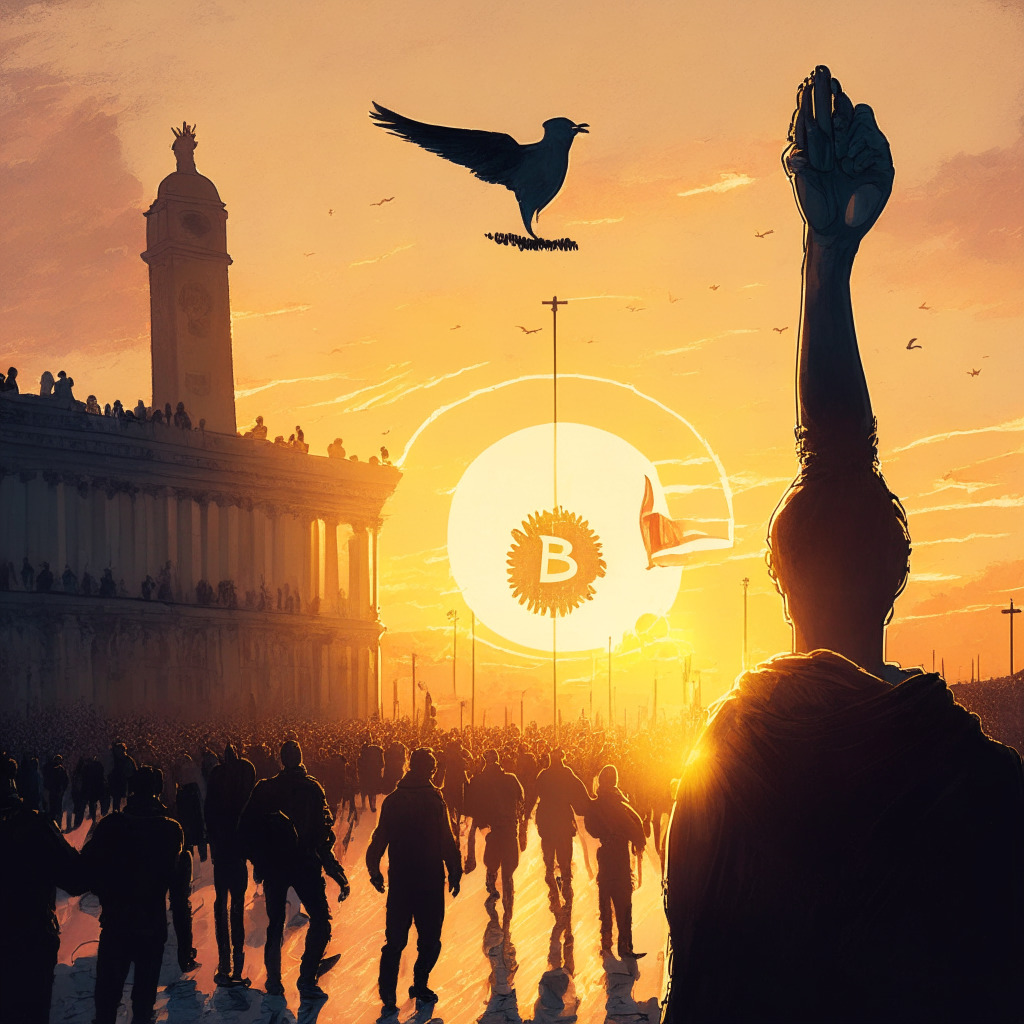In last week’s Korea Blockchain Week (KBW), a dramatic shift in discourse emerged amidst an otherwise array of blockchain enthusiasts. An action-packed, 48-hour roller coaster of conversations, the event sang praises of Web3 and token technology, notably overshadowing traditional blockchain and cryptocurrency dialogue. Interestingly, the melancholic mood cast by bitcoin’s languishing prices seemed to fade into the background, replaced by anticipatory cheer from 10,000 strong attendees.
Despite a noticeably downsized venue, the atmosphere remained electric, albeit harder on the pockets with hotel restaurant prices soaring as high as $22 for a single piece of cold shrimp. The crowd’s enthusiasm, however, was undeterred. While the majority echoed the notion of Web3 being the herald of a new internet, others envisioned it as the evolution of token-based protocols or NFTs aligning with social cultures.
Meanwhile, the crypto industry’s venture capitalists scouted the scenery for high-value investment prospects – a pulse-racing activity despite the ongoing bear market. Tasked with battling the obvious lack of real retail users impacting business revenue, founders struggled to spark interest and generate use case potential for their products.
Product Pitching Became the New Normal
Salient moments emerged in side events where salespeople found themselves marketing tools and analytic software to each other. An interesting spectacle that sheds light on both the unfolding reality of the crypto market and the desperate bid for survival amidst a dwindling liquidity situation. Yet, resilience in challenging times might pave the way for stronger foundations once market circumstances improve.
Despite the excitement brewing in the event halls, outside, awareness of the crypto industry was significantly lacking. The common public, including young hotel staff and taxi drivers, had limited understanding or investment in digital currencies. Older citizens, on the other hand, cheekily deemed the whole sector “baby money,” reflecting a thick veil of skepticism lingering in the air.
Competing the spectrum were crypto personalities that took the centre stage, each with a unique vision of the industry’s future. Discussions swirled around scalability through layer-2 blockchains, blockchain gaming in Asian markets, regulatory hurdles, and the urgent need to create user-friendly applications.
Following suit, Ethereum co-creator Vitalik Buterin pointed out his concerns about Ethereum nodes’ centralization and vulnerability to hacker attacks. Meanwhile, Tron’s founder appealed to the audience by emphasizing the cheapness and speed of the Tron network, especially for game-building.
In conclusion, the event’s undertone blessed a future driven by progressive technology like Web3 but challenged by a lack of public interest and adoption. The industry needs to reassess its path, intensify user education, handle regulatory hurdles and focus on scalability to prevent the state of crypto from degrading further. The future seems to be an open-ended question, but one thing is sure: the cryptocurrency industry will have to study, acknowledge and adapt to these changing paradigms swiftly to stay alive.
Source: Coindesk




